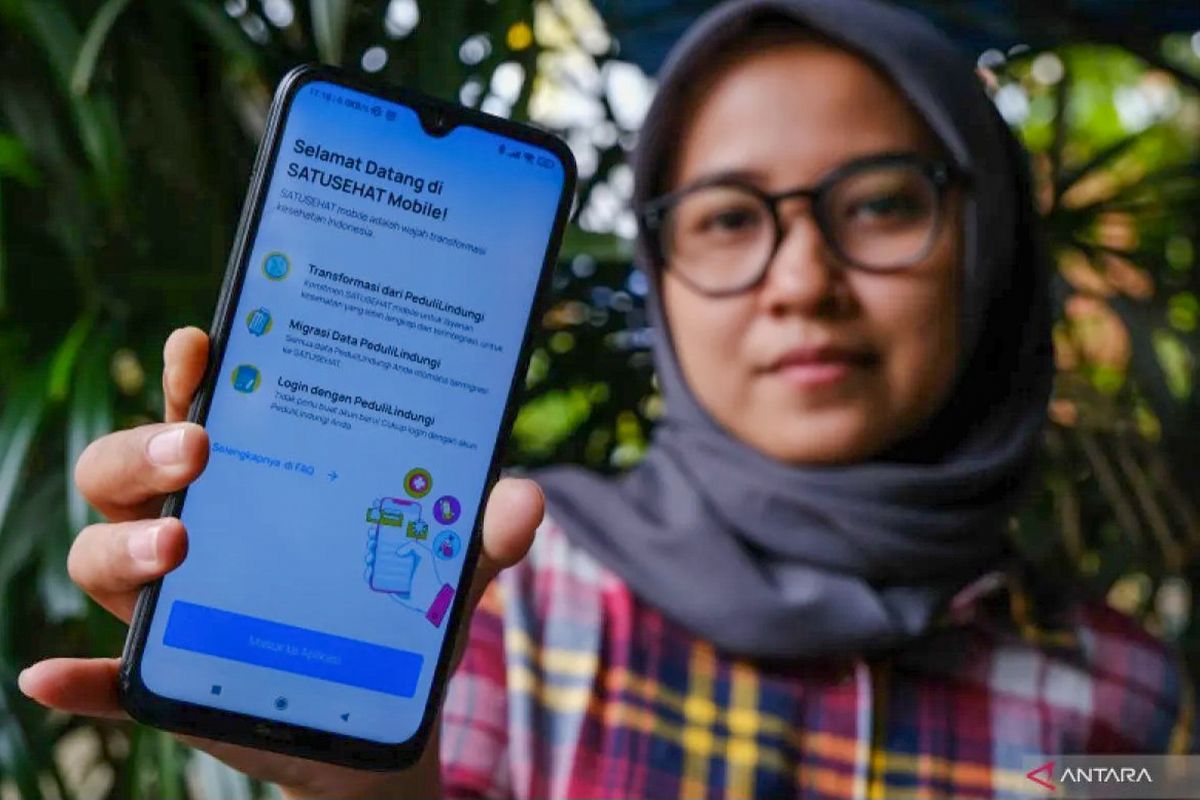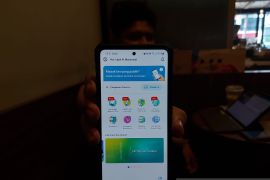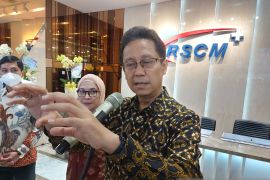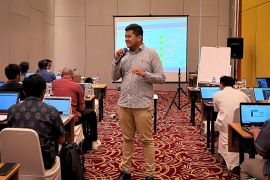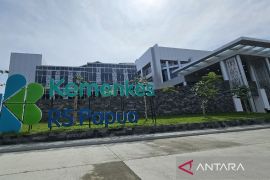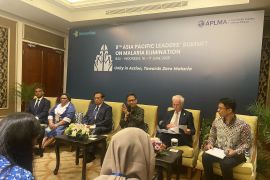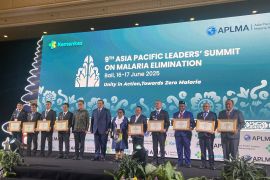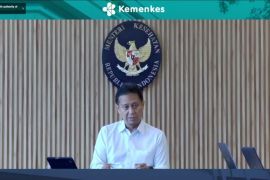This will not only provide easier access to health service data but will also reduce the gap in information that causes more expensive costs in the health sectorJakarta (ANTARA) - The use of Electronic Medical Records (RME) in health facilities is believed to ease access to health service data in a quick, easy, and transparent manner, a minister stated.
"This will not only provide easier access to health service data but will also reduce the gap in information that causes more expensive costs in the health sector," Health Minister Budi Gunadi Sadikin noted in a statement on Tuesday.
Health Minister's Regulation Number 24 of 2022 requires all health service facilities to use RME as documents in providing services at health service facilities, he remarked.
The digital transformation efforts have also been strengthened by Law Number 17 of 2023 concerning Health, Sadikin added.
"All health data will later be stored on the SatuSehat big data platform as an ecosystem for health data," he stated.
Sadikin explained that RME is connected to more than 60 thousand health facilities in Indonesia, starting from more than 10 thousand primary care facilities, 17 thousand private clinics, three thousand hospitals, one thousand laboratories, and more than 30 thousand pharmacies that will be included in the SatuSehat platform.
Related news: Ministry seeking to issue electronic medical records rules this year
Sadikin said he hopes that all health facilities would implement RME starting from digitizing health data by following standard health data terminology, standard data security protocols, and standard data exchange protocols.
Each patient's data will automatically become part of the demographic data in the health information system, except when the data owner submits a statement refusing to participate in the use and processing of personal data, he remarked.
"The SatuSehat platform will allow data accessibility that was previously owned or only existed in banking," he stated.
The ministry is also developing the Biomedical Science & Genomics Initiative (BGSI) in various hospitals in Indonesia as a breakthrough for disease treatment.
Sadikin noted that the integration of genomics into health services integrated in the SatuSehat platform has the potential to drive progress in medicine in Indonesia.
“Research and development for treatment will be equipped with our digital infrastructure. I am sure this will be an excellent component to encourage precise treatment in Indonesia," he noted.
Related news: Complete immunization as an effort to achieve Advanced Indonesia
Translator: Erlangga Bregas P, Resinta Sulistiyandari
Editor: Jafar M Sidik
Copyright © ANTARA 2023
